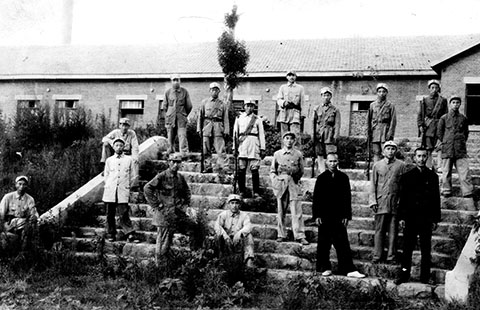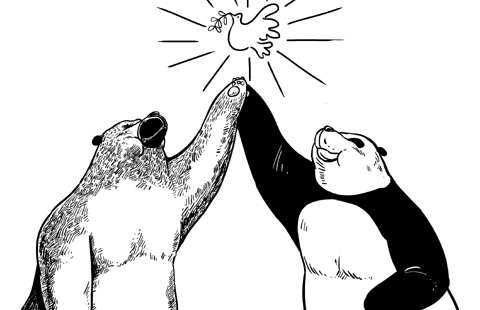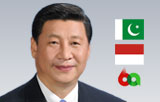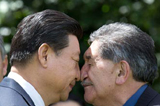'Wartime pupil' told survival story
Updated: 2015-05-09 10:28
By Wang Qingyun (chinadaily.com.cn)
Comments Print Mail Large Medium Small
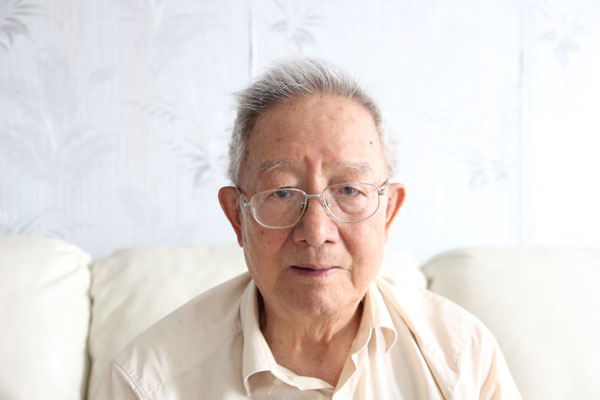 |
|
Photo provided to chinadaily.com.cn. |
In June 1941, 13-year-old Chen Zutao heard a radio broadcast describing the opening salvos of Operation Barbarossa, the German invasion of the Soviet Union.
Chen, born in Hubei province in November 1927, lived in an international boarding school in the city of Ivanovo. The school was dedicated to looking after children whose parents were involved in communist activities during the 1930s and 1940s.
As the German army advanced toward Moscow, the school - 300 kilometers from the Soviet capital - made preparations to evacuate its pupils, recalled 87-year-old Chen, who lives in Beijing.
"The plan was to send us to areas to the east that now lie in Kazakhstan and Uzbekistan," Chen said. "Each of us was given a pack containing just a few clothes, but then the German army was driven back from the edge of Moscow, and we stayed."
He remembered seeing German military aircraft in the skies above the school and hearing gunfire. Boys in the orphanage would go to the rooftop to look out for German planes while girls sewed clothes or nursed injured soldiers.
Several older boys left the orphanage and joined the Soviet Red Army, but they died in the war, he said.
The dangers of war were not the immediate concern of the pupils. With food running scarce and insufficient bread rations, hunger emerged as another enemy.
A plot of land about 10 km from the orphanage had been set aside for the school to plant potatoes.
"Older children like me went there to plant and take care of the potatoes," he said. "We would dig them out when they were still small, light up a fire and cook them in an iron pail. Then we peeled them, applied a little salt and ate them. Once I ate so much that my belly swelled. I just wanted to eat so badly. During that time I ate so many potatoes that when I returned to China, I was repulsed even by their smell."
The children also had to gather firewood to get through the unforgiving Russian winter.
"The temperatures dropped below minus 30 C. We had to go to the woods more than 10 km away and cut firewood for heating," he said.
The existence in a state of "semi-starvation" lasted until the war was won in 1945.
In 1951, Chen graduated from a college in Moscow as a mechanics major and returned to China. He worked for the First Automotive Works and participated in the foundation of the Second Automotive Works. The plants have since developed into two of China's leading automobile makers.
On April 15, the Russian embassy in Beijing honored 53 Chinese, including Chen, who had experienced World War II in Russia.
"The wartime toughened me. I learned to survive on my own," he said. "People in the Soviet Union, including children, endured hunger and terrible hardships. To win the war, they were determined to get through the hard times, however hard they were."


